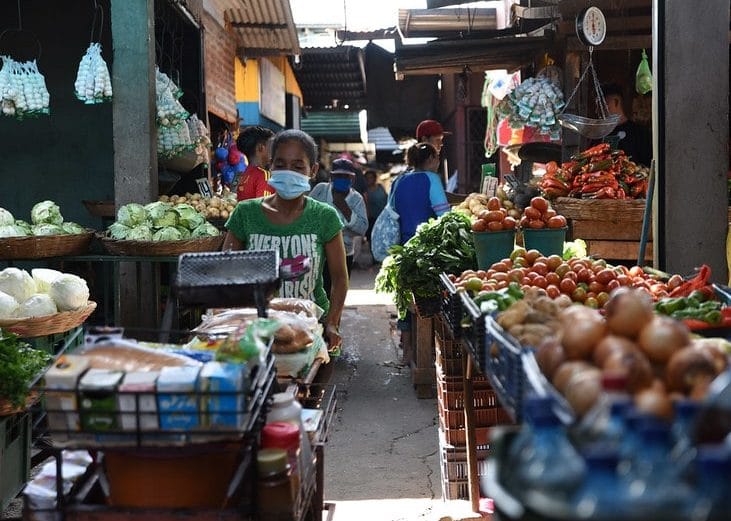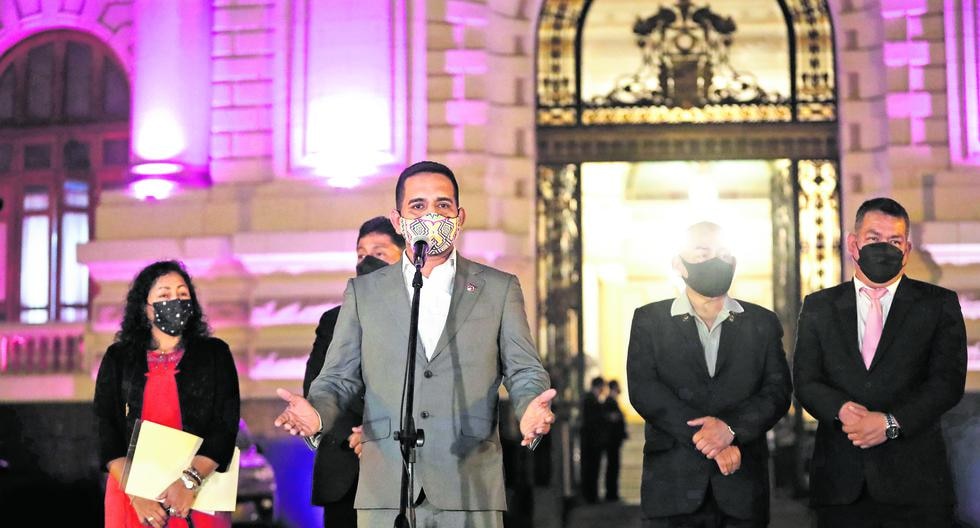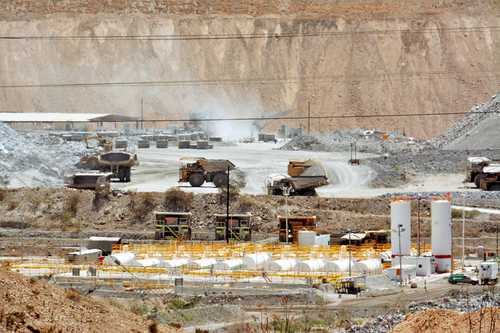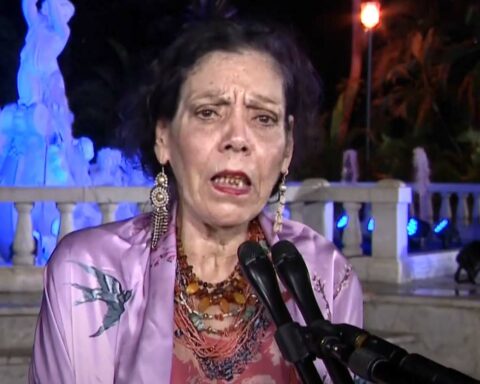Faced with the risk that the new omicron variant implies, which has generated worldwide alarm due to its multiple mutations and the possibility that it is more contagious than the other strains, the Government of Nicaragua must “rectify” its position regarding the management of the covid pandemic -19. The first step should be the recognition of the number of deaths caused by the coronavirus, followed by the strengthening of prevention measures and the urgency of vaccination, said the epidemiologist Leonel Argüello.
“I believe that at this point it is time to rectify. Everyone already knows that covid-19 exists, everyone knows that people die of covid-19, everyone knows if there are health care problems or no care problems, everyone knows that even if they report a weekly death there are 22 more cases for each one; that is already known. It makes no sense to follow that line of approach that the Government has and rather, (must) rectify and take the lead, which is what corresponds to it; it is your responsibility ”, said the specialist during an interview on the program This week.
In November, the Ministry of Health (Minsa) confirmed that the four variants of concern (VOC) circulate in Nicaragua and the delta predominates. With the identification of omicron, the World Health Organization (WHO) called on countries to strengthen genomic surveillance. However, until now, Nicaraguan health authorities have been silent about what actions they are taking against the new strain.
Argüello explained that Nicaragua must maintain a constant review of the variants and if omicron is identified, the Minsa must alert the citizens to maximize their prevention measures. “The Government has to take all the measures, if you do not take the measures, we would be facing that it wants to normalize the fact that (more people) die,” he said.
However, the Health authorities have kept silent about finding variants. They did not report that between April and October of this year the gamma and delta variants predominated in the country, according to a scientific study in which the National Center for Diagnosis and Reference (CNDR) and the University of Michigan in the United States participated.
The epidemiologist maintains that a large part of the deaths from covid-19 in the country were avoidable because the disease can be prevented. “You have to rectify and handle this in the right way. It is not normal that we are dying from covid-19. It is not normal that we are getting sick from covid-19 if all the tools are there. We have all the tools to control it, but we are not using them, “he said.
The risk of a third wave
Between last August and September, the country went through a second wave of COVID-19 infections that triggered hospitalizations, caused a shortage of oxygen tanks and made hundreds of families mourning. Everything happened without the Minsa officially recognizing the outbreak, while the Government maintained the promotion of agglomerations that facilitate the transmission of the virus and the appearance of variants, including omicron.
Therefore, the epidemiologist explained, it is necessary for the country to stop the agglomerations, to educate more about the pandemic and to apply prevention measures in the development of December activities, including in private businesses, markets, public transport and all establishments. “If we don’t do that, we are going to regret it and we are, we, a few steps away from the third wave in Nicaragua,” he said.
He added that by not recognizing that there is “a health, economic disaster”, it is very difficult for the measures to counter it to correspond. “It is to recognize the magnitude of the problem, to face the problem with the magnitude it has,” he said.
Ómicron and the vaccination goal
About the omicron variant there is more uncertainty than certainty. Although it was classified as a variant of concern because of the risk of being more contagious, scientists are doing more research to find out what the true impact of the new strain would be.
The scenarios can be very different, Argüello pointed out: One is that it is a more contagious variant, but not a more aggressive one. This would mean that there would be many cases, the hospitals would fill up, but there would not be as much mortality. At the other extreme is the possibility that the variant is highly contagious, more aggressive and escapes the protection offered by vaccines, that “would be a disaster.” However, so far there are no conclusive studies on omicron behavior.
The WHO has said that in the coming weeks the progress of the scientific investigations that are under development will be known. Meanwhile, the variant has already been identified in a score of countries, including Mexico, Canada, Brazil and the United States.
In the last month, vaccination against covid-19 has accelerated in Nicaragua, managing to cover 34.6% of the population with both doses – and including those who received the Sputnik Light, a single dose. However, it is not enough to face the variants, points out the epidemiologist, since the country needs and has the capacity to reach 80% coverage of the total population.
He added that the reinforcement of vaccination schemes are important, but in a country where little has been vaccinated, the objective of covering the remaining population should be prioritized to achieve herd immunity.








